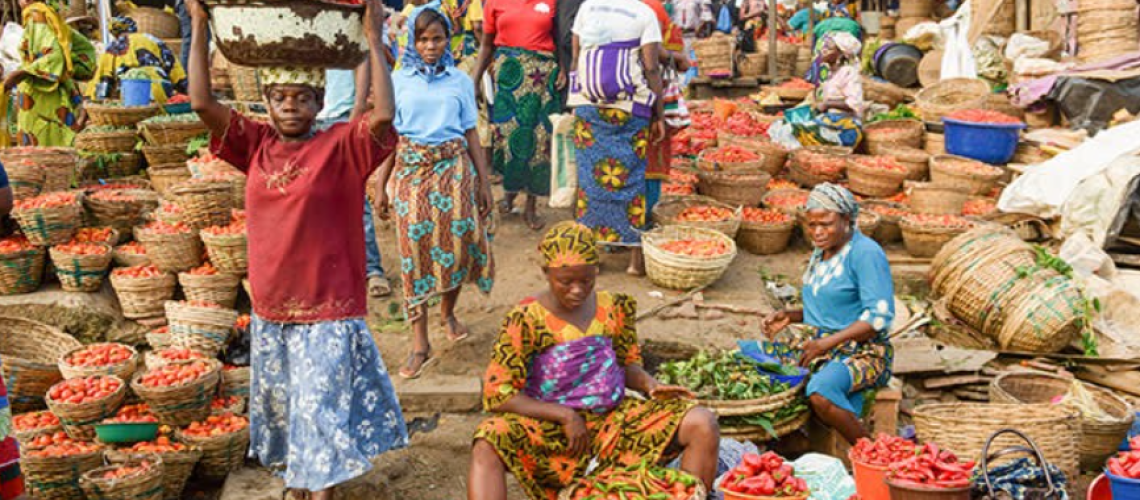As of February 8, 2025, food prices in Nigeria remain on an upward trend, with staple commodities such as rice, beans, and tomatoes experiencing significant cost increases.
A mix of economic pressures—including rising inflation, currency depreciation, and agricultural disruptions caused by security concerns and extreme weather—continues to drive these price hikes.
Latest Market Prices of Essential Food Items
- Rice: A 50kg bag now sells between ₦75,000 and ₦90,000.
- Beans: The cost of a 50kg bag ranges from ₦78,000 to ₦85,000.
- Tomatoes: A full basket is currently priced at approximately ₦55,000.
- Yam: A single tuber costs between ₦3,000 and ₦4,000, depending on size and quality.
- Palm Oil: A 25-litre container is selling for about ₦50,000.
- Chicken: The price for 1kg of chicken meat is around ₦5,000.
Key Drivers of Rising Food Costs
- Inflation: Nigeria’s inflation rate surged to a near three-decade high of 34.8% in December 2024, with food inflation alone reaching 39.84%. This has significantly raised the cost of essential food products.
- Naira Devaluation: The weakened exchange rate has made imported goods and agricultural inputs more expensive, further pushing up food prices.
- Agricultural Setbacks: Persistent insecurity in major farming regions and climate-related challenges, such as flooding, have negatively impacted crop yields, leading to supply shortages.
Government Measures and Economic Outlook
To combat the rising cost of living, the Nigerian government has introduced tax reforms designed to curb inflation. Among these measures is a planned increase in the value-added tax (VAT) to 12.5% by 2026, with exemptions on essential goods like food and medicine to protect low-income households.
The continuous rise in food prices remains a major concern for many Nigerians, particularly those with limited incomes, as they struggle to manage the growing cost of basic necessities.

